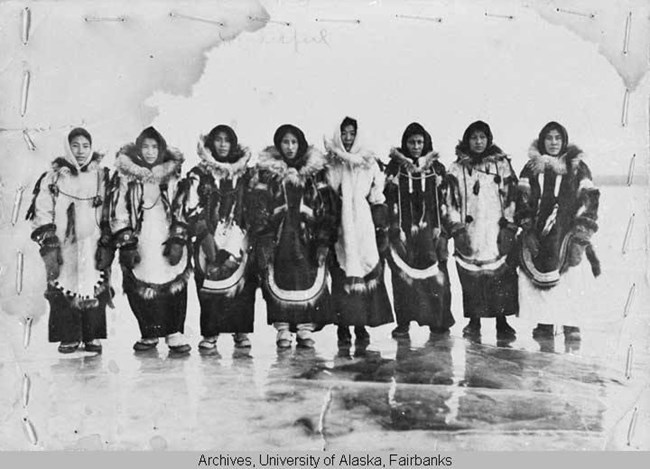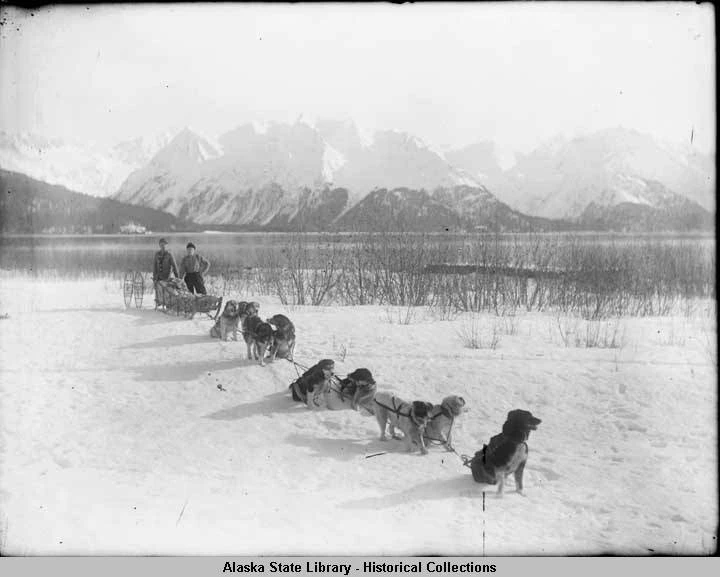Last updated: October 31, 2024
Article
Project Jukebox Alaska

2. Communities of memory are lively and eclectic. Tune in to any of Project Jukebox and you’ll find interviews on everything from dog sled racing and fishing to climate change and the national parks. A number of these interviews are also organized into communities of memory. Taking care to interview all sorts of Alaskans, from politician to pioneer, Project Jukebox embraces all the events, individuals, and experiences that come to make a place and time distinctive.
3. Digital histories require consistent preservation and maintenance. Since its inception in 1988, Project Jukebox has been processing its audio files, making them compatible with and accessible to the Web. The site has yet to digitize all of the original interviews, but the project’s diligent tech team has developed an expansive library and detailed index. They’ve also educated users about what it takes to bring history from print to screen.
4. Project Jukebox recognizes that the National Park Service has shaped every park’s history. The project has preserved the stories of scores of NPS employees who played crucial roles in establishing and managing parks in Alaska. It has helped the Park Service better understand its own history and to tell its own stories.
5. Digital humanities model and encourage the processes of historical thinking in innovative ways. Project Jukebox brings together a host of primary sources—maps, photographs from family scrapbooks and government archives, and oral history interviews --and provides the raw materials that history practitioners use to research and make sense of the past. The evidence collected offers multiple perspectives and suggests a variety of questions about Alaska people and places—and how they have changed over time.
Back to the History Discover Events Gallery
Back to the Series: Best Practices for History Lessons and History Discovery Events.


